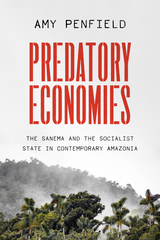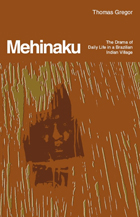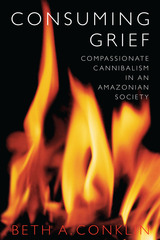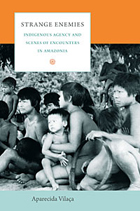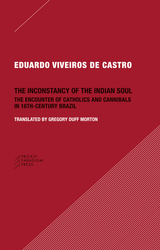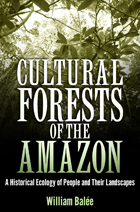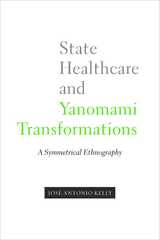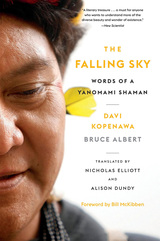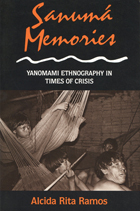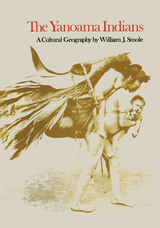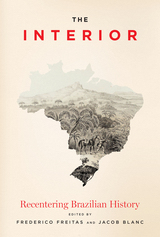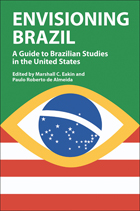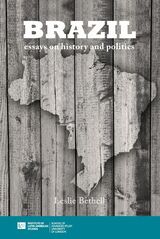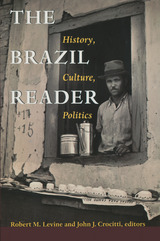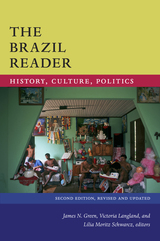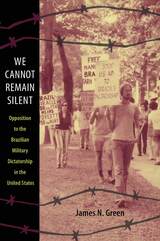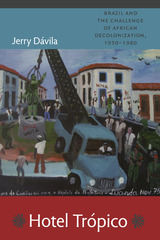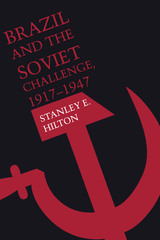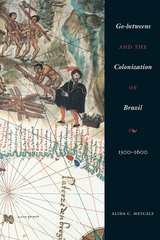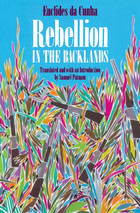Cloth: 978-0-299-14650-4 | Paper: 978-0-299-14654-2
Library of Congress Classification F2520.1.Y3R3413 1995
Dewey Decimal Classification 305.898
The Yanomami people of Brazil first attracted anthropological and popular attention in the 1960s, when they were portrayed as essentially primitive and violent in the widely read book Yanomamo: The Fierce People. To this image of the Yanomami another has recently been added: that of victims of the economic rapacity devouring the Amazon.
Sanumá Memories moves beyond these images to provide the first anthropologically sophisticated account of the Yanomami and their social organization, kinship, and marriage, capturing both individual experiences and the broader sociological trends that engulf them. A poignant personal story as well, it draws on Alcida Ramos's extensive fieldwork among the Sanumá (the northernmost Yanomami subgroup) from 1968 to 1992, as she reports on the brutal impact of many invasions—from road construction to the gold rush that brought the Yanomami social chaos, thousands of deaths, devastation of gardens and forest, and a disquietingly uncertain future.
At the cutting edge of anthropological description and analysis, Sanumá Memories ponders the importance of "otherness" to the Sanumá; describes Sanumá spaces, from the grandiosity of the rain forest to cozy family compartments; analyzes their notions of time, from the minute reckoning of routine village life to historical and metaphysical macro-time; shows how power and authority are generated and allocated in space and time; and examines the secrecy of personal names and the all-pervading consequences of disclosing them.
“Ramos’s study is anthropologically sophisticated and ethnographically fascinating. She has been able to construct a particularly refined and compelling account of important problems presented by one of the most interesting indigenous groups in South America, an account that reflects her years of careful and insightful thinking about Sanumá.”—Donald Pollock, State University of New York at Buffalo
See other books on: Crisis | Cultural & Social | Ramos, Alcida Rita | Times | Yanomamo Indians
See other titles from University of Wisconsin Press

